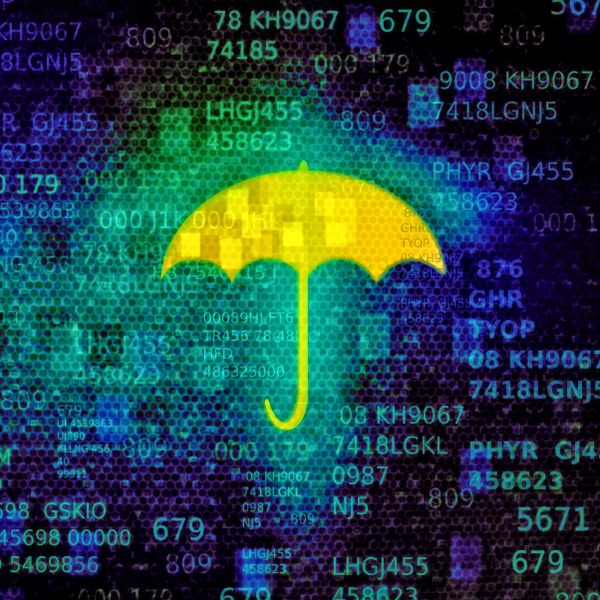Digital Parenting Tricks: What should you do if your child is asked for a photo?

We will start by saying that prevention is definitely key in these kinds of situations and by prevention we mean the development of critical thinking skills. Remind your child that, just like in real life, not everything should be shared, especially when it comes to photos. Some photos are really meant to be private, no matter the age. Teach them how to do the “fight test” before clicking the send / share button, by having them answer the following questions:
If you got into a fight with X, would you still like them to have your photo?
What do you think they would do with it if they were very angry with you?
Or if somebody else got access to their phone?
Let your kids know that whenever they post or send inappropriate material – whether it’s a sexy selfie or an explicit photo session with a friend – the result can be unexpected and out of their control. The information travels fast and lasts forever on the internet. If what they upload or share online is controversial, it will be copied dozens of times and might always come back against them later in life – in their personal relationships or when applying for college, university or even a job.
Also, remind them that it’s always important to ask people for permission, their friends included, before sharing online pictures or information about them. You, the parent, will also have to do the same.
If your child has already sent one or more private pictures, you should:
have a calm and serious conversation to help both of you understand what determined your child to send this kind of content in the first place
together, look for possible solutions to limit the negative consequences of this act
if the child is younger than 15, maybe it would be a good idea to also contact the parents of the friend that received the photo(s)
ask your child to tell you immediately if that photo appears online or starts circling amongst friend or colleagues, if someone stars laughing at them or starts making threats
reopen the discussion about privacy
This article is part of the Digital Parenting Tricks series for the Bitdefender Parental Control* feature. Bitdefender worked with a psychologist to create a cheat sheet for parents and offer them some guidance on how to deal with some of the most troublesome digital challenges of our time. Because we want to use technology to find new ways to stand up to this kind of behaviour.
*The Detection of Cyberbullying and Online Predators functionality is no longer available in Bitdefender products.
tags
Author

The meaning of Bitdefender’s mascot, the Dacian Draco, a symbol that depicts a mythical animal with a wolf’s head and a dragon’s body, is “to watch” and to “guard with a sharp eye.”
View all postsRight now Top posts
How to Protect Your WhatsApp from Hackers and Scammers – 8 Key Settings and Best Practices
April 03, 2025
Outpacing Cyberthreats: Bitdefender Together with Scuderia Ferrari HP in 2025
March 12, 2025
Streamjacking Scams On YouTube Leverage CS2 Pro Player Championships to Defraud Gamers
February 20, 2025
How to Identify and Protect Yourself from Gaming Laptop Scams
February 11, 2025
FOLLOW US ON SOCIAL MEDIA
You might also like
Bookmarks








